x
Search results for 'k12courses.com is merging with certkillers.net in future'
Show Filter
History of the United States E1
Students in History of the United States E1 explore United States history, geography, economics, and government. This is done by focusing on the influence of physical and cultural characteristics on national origins, growth, and development. Students study Indigenous cultures, European exploration, colonization, settlement, the American Revolution, the founding of the Republic, the early years of the United States, the Civil War, and the 20th Century in the United States. Students learn about citizenship and the major components of the government as outlined in the United States Constitution. The course emphasizes critical thinking skills, including questioning, examining fact and opinion, analyzing and evaluating sources of information, contrasting and comparing using primary and secondary sources, and conducting research using a variety of resources. Additional social studies skills are integrated in the lessons including reading and analyzing maps, creating and interpreting charts and graphs, identifying relationships, engaging in debate, writing persuasively, and developing thinking and independent study skills.
This course requires the following household materials:
- composition book, notebook, or binder with loose-leaf paper to use as a History Journal
- crayons, markers, or colored pencils
From: $900.00
Social Studies K ED
This course introduces students to fundamental topics within the social studies discipline. These topics include family, home, community and culture, geography, chronology, early U.S. history, civics and the responsibilities of citizenship, and economics.
Students begin by locating themselves and their families within a community and culture. They learn about basic physical geography and how to read maps and globes. Students explore what history is and how they study the past. They learn about the first peoples of the Americas and the founding of the United States. Students identify symbols of and celebrations in the United States and investigate the lives of significant historical figures in the context of civic responsibility. They also explore citizenship and basic economics.
This course requires the following household materials:
- composition book, notebook, or loose-leaf paper to use as a Social Studies Notebook
- crayons, markers, or colored pencils
$900.00
Math K E1
Math K is designed to provide students with a strong foundation in mathematical concepts. Students master content through a combination of teacher-led instruction (either live or via embedded video within the course) and independent practice, both online and offline. Teacher-led instruction engages students using online resources, including virtual manipulatives, videos demonstrating concepts with physical manipulatives, and videos teaching concepts through song. During independent practice, students solve problems online, often working with virtual manipulatives, and offline in an activity book. The Math K curriculum begins with a heavy emphasis on numbers and counting, leading to an understanding of addition and subtraction. Throughout the Math K course, students also explore mathematical concepts found around them in the world, including clocks and calendars, position and patterns, subtilizing, shapes, measurable attributes, and money.From: $900.00
Summit Math 8 (Independent Study)
Grade 8 mathematics course prepares students for more advanced study in algebra as students solve linear equations and systems of equations, work with radical and integer exponents, gain conceptual understanding of functions, and use functions to model quantitative relationships. To prepare students for more advanced study in geometry, the course emphasizes the Pythagorean theorem and a deepening exploration of similarity and congruence.
From: $24.00
Summit Math 7 (Independent Study)
In the Summit Math 7 course, students focus on real-word scenarios and mathematical problems involving algebraic expressions and linear equations and begin to apply their understanding of rational numbers with increased complexity. The course lays the foundation for exploring concepts of angle, similarity and congruence, more formally addressed in Grade 8, as students work with scale drawings and construct and analyze relationships among geometric figures. Students also develop and apply understandings of proportional relationships.
From: $24.00
Summit Math 6 (Independent Study)
In the Summit Math 6 course, students deepen their understanding of multiplication and division of fractions to apply their knowledge to divide fractions by fractions, with an additional focus on increasing efficiency and fluency. Students gain a foundation in the concepts of ratio and rate as an extension of their work with whole number multiplication and division, and in preparation for work with proportional relationships in Grade 7. Students also make connections among area, volume, and surface area, and continue to lay the groundwork for deep algebraic understanding by interpreting and using expressions and equations.
From: $24.00
Intermediate World History A Summit (Independent Study)
K12 Summit World History I surveys the story of the human past from the period before written records, prehistory, through the fourteenth century. The course is organized chronologically and, within broad eras, regionally. The course focus is the story of the human past and change over time, including the development of religion, philosophy, the arts, and science and technology. Geography concepts and skills are introduced as they appear in the context of the historical narrative. Students explore what archaeologists and historians have learned about the earliest hunter-gatherers and farmers, and then move to a study of the four river valley civilizations. After a brief writing unit, they study the origins of Confucianism, Hinduism, Buddhism, and Judaism and the eras in which they developed. The second half of the course traces the story of classical Greece and Rome, the Byzantine Empire, the origins of Christianity and Islam, and then continues through the fourteenth century in Europe, North Africa, and East Asia. Historical thinking skills are a key component of Intermediate World History. Students practice document and art analysis, conduct research, and write in a variety of formats. They also practice map reading skills and look at how historians draw conclusions about the past as well as what those conclusions are.From: $24.00
American History Since 1865 Summit (Independent Study)
The second half of a detailed two-year survey of the history of the United States, this course takes students from the westward movement of the late 1800s to the present. Lessons integrate topics in geography, civics, and economics. The course guides students through critical episodes in the story of America. Students examine the effect of the settlement of the American West; investigate the social, political, and economic changes that resulted from industrialization; explore the changing role of the United States in international affairs from the late nineteenth century through the end of the Cold War; and trace major events and trends in the United States from the Cold War through the first decade of the twenty-first century.From: $24.00
Summit Algebra 2 Honors, Semester 2 (MTH309B)
This Summit Algebra 2 Honors course, students build on their work with linear, quadratic, and exponential functions, and extend their repertoire to include polynomial, rational, radical, and trigonometric functions. Students also expand their ability to model situations and solve equations, including solving quadratic equations over the set of complex numbers and solving exponential equations using the properties of logarithms. The course covers sequences and series, probability distributions, and more advanced data analysis techniques. This course includes all the topics in MTH308 as well as several extension activities. Each semester also includes an independent honors project.From: $450.00
Summit Algebra 2 Honors, Semester 1 (MTH309A)
This Summit Algebra 2 Honors course, students build on their work with linear, quadratic, and exponential functions, and extend their repertoire to include polynomial, rational, radical, and trigonometric functions. Students also expand their ability to model situations and solve equations, including solving quadratic equations over the set of complex numbers and solving exponential equations using the properties of logarithms. The course covers sequences and series, probability distributions, and more advanced data analysis techniques. This course includes all the topics in MTH308 as well as several extension activities. Each semester also includes an independent honors project.From: $450.00
Summit Algebra 2, Semester 2 (MTH308B)
This Summit Algebra 2 course, students build on their work with linear, quadratic, and exponential functions, and extend their repertoire to include polynomial, rational, radical, and trigonometric functions. Students also expand their ability to model situations and solve equations, including solving quadratic equations over the set of complex numbers and solving exponential equations using the properties of logarithms. The course covers sequences and series, probability distributions, and more advanced data analysis techniques.From: $450.00
NEED MORE INFO
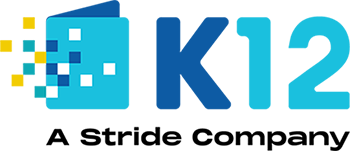
THANK YOU!
We have received your inquiry and you will start to receive additional information about our school offerings and programs. An enrollment consultant will contact you shortly.
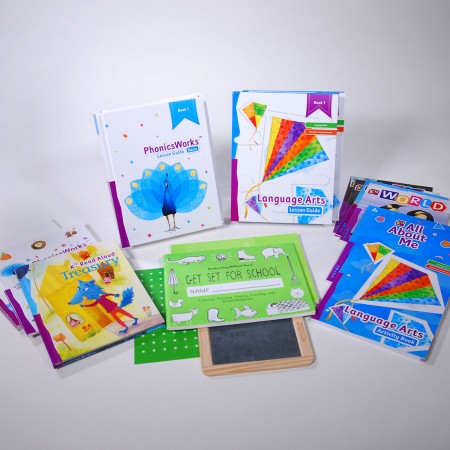
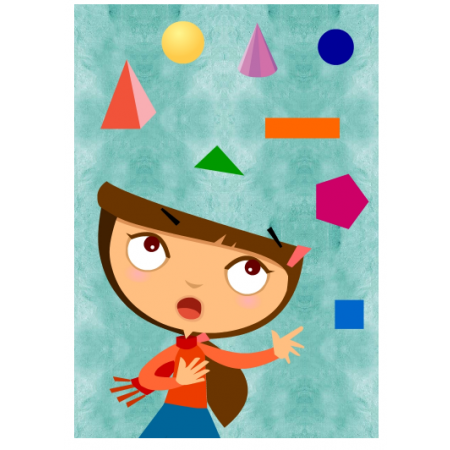


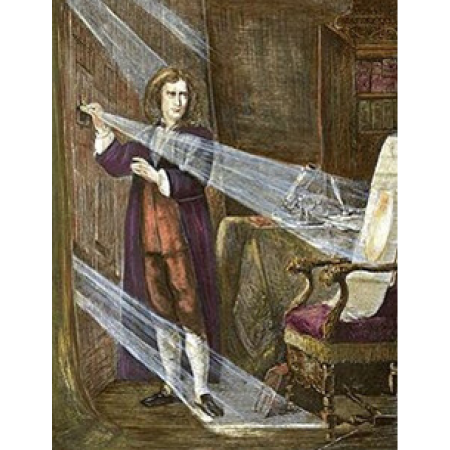
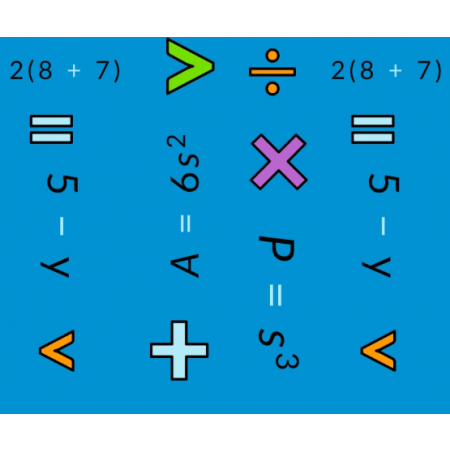
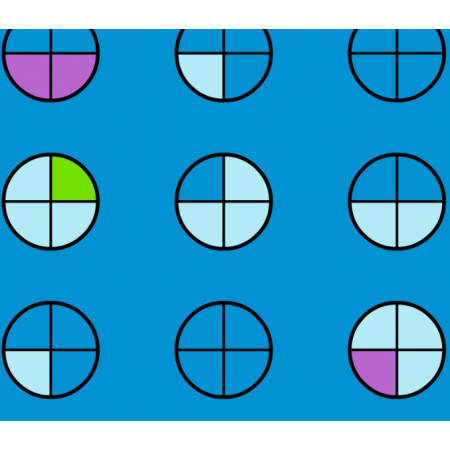
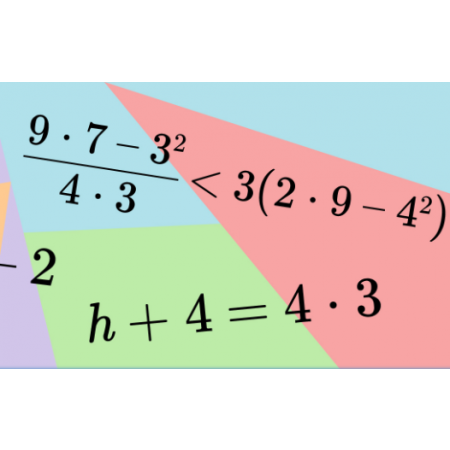
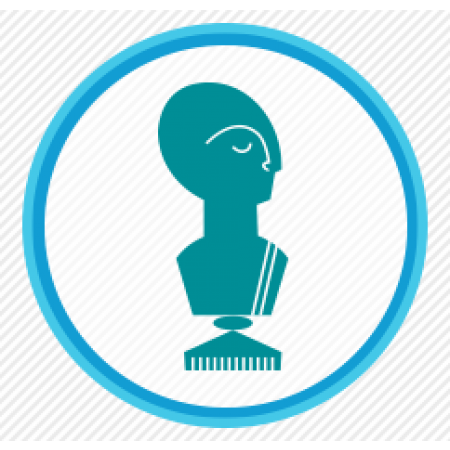
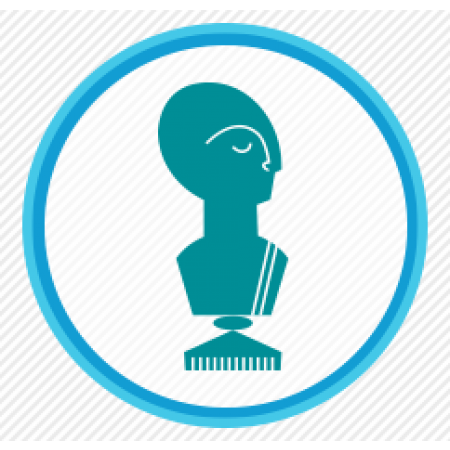
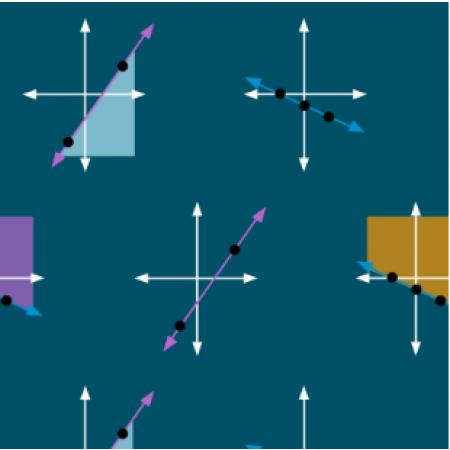
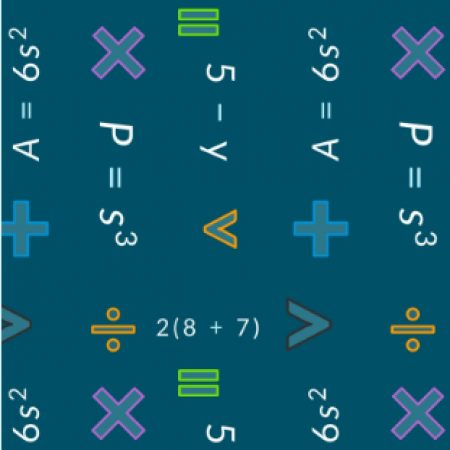
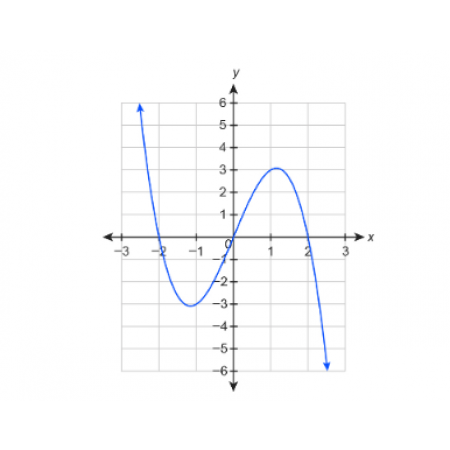
Science K brings science alive by providing students a combination of virtual lab investigations (with options for hands-on learning), interactive lessons that provide opportunities for inquiry, and an array of e-books that capture students’ attention and grow their interest in science.
The curriculum begins with an overview of what science is and who scientists are. Students then focus on plant and animal relationships and analyze the weather. In the last half of the course, students explore how the sun affects their world and explore the interactions between different forces.
This course calls for the following household materials, though they are optional, since digital versions of all labs are available:
*Students may choose to keep a digital Science Notebook.